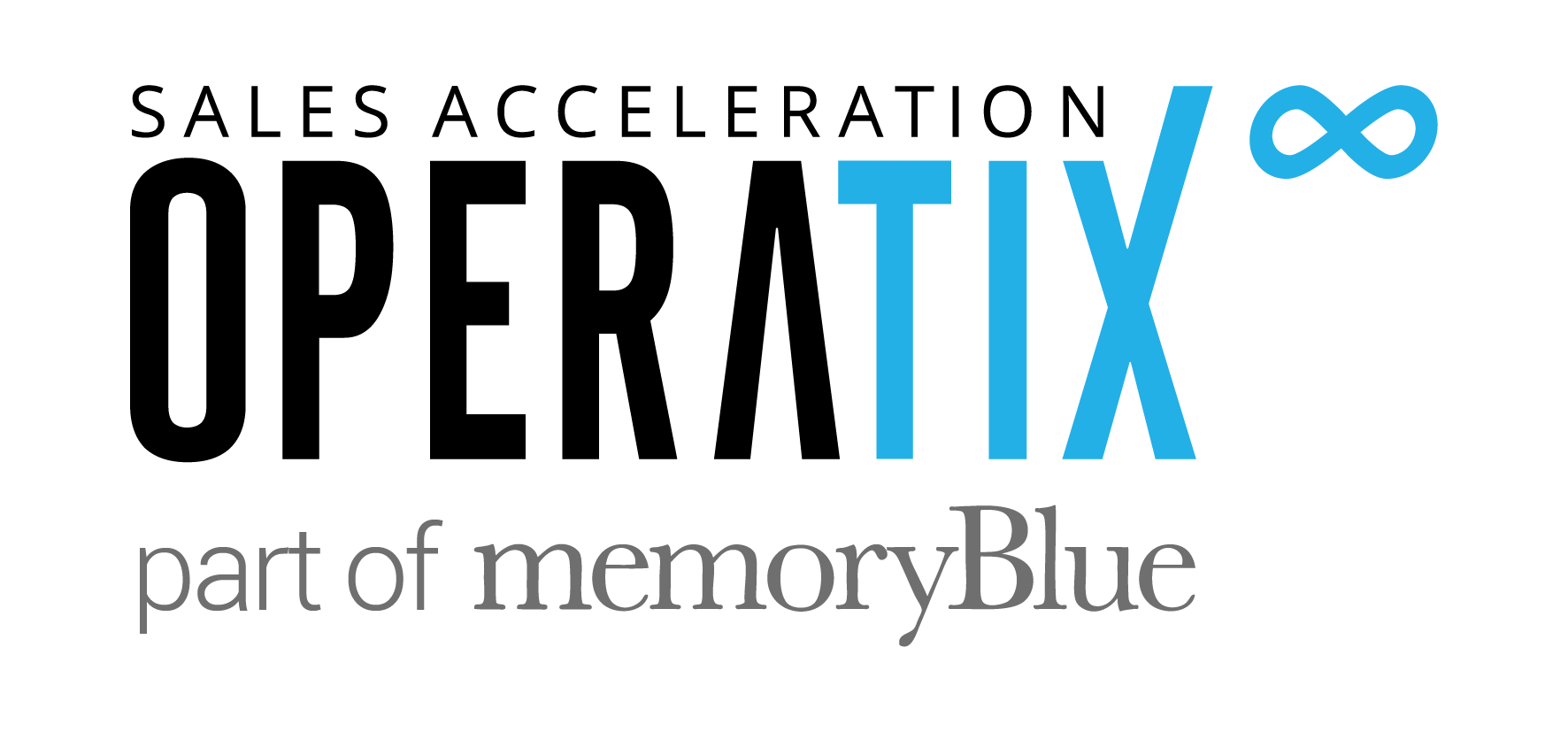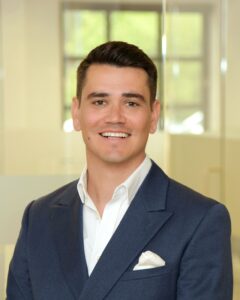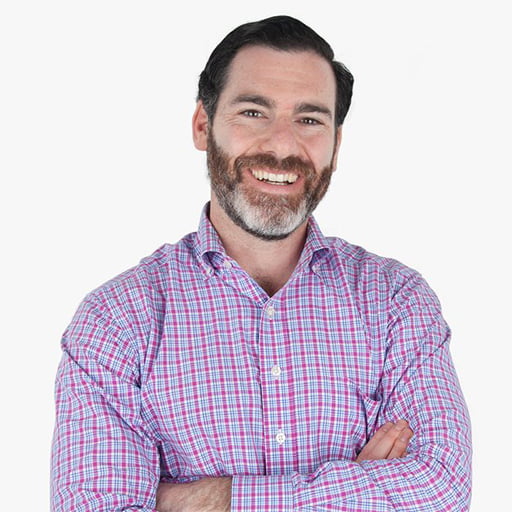Don’t build a community because you just want to be in charge of something or have a captive audience to sell to.
Build a community because you genuinely want to help others without asking anything in return. Over the years, this will bring so much good into your personal and professional life.
In this episode, we interview Sam Jacobs, Founder and CEO at Pavilion, about how he grew a small group of New Yorkers into a community of over 6,000 global leaders.
We discussed the evolution from Dinner Club to Revenue Collective to Pavilion, having long-term goals in a short-term environment, some of Pavilion’s successful initiatives, the launch of Pavilion University, and supporting each other as a way of doing business.
The evolution of Pavilion
Sam didn’t have any grand aspirations when he started Pavilion. As far as he knew, he was just creating a dinner club. He would call it “The New York Revenue Collective,” and it would never outgrow the Big Apple.
Turns out, not many cities had a revenue collective. London didn’t. Boston didn’t. Toronto didn’t. But people from each of those cities reached out to Sam. They wanted to start revenue collectives in their hometowns.
Right away, Sam knew he was onto something. Still, it didn’t seem like a huge venture. If he had 2,000 members by the end of 2020, he thought, he could eat and pay rent. That seemed like a good goal.
Then COVID happened. People needed a community, resources, and assistance like never before. Many turned to Pavilion. By the end of 2020, Sam had 3,700 members.
His goal? To help each member fulfill their career goals. Sam calls that “unlocking and achieving their professional potential.”


Our community exists to help each member fulfill their career goals. We call it unlocking and achieving their professional potential.
Sam Jacobs – Founder and CEO at Pavilion
Long-term goals in a short-term environment
Sam once heard Larry Page say, “You can accomplish far less than you think in a quarter. And you can accomplish way more than you think in 10 years.”
Sometimes your time horizon can be a competitive advantage. If you just play a longer game when everybody else is playing a shorter game, you can do more things than you might expect.
That’s the approach Sam takes when building community.
It’s not that you can’t sell people things. You’ll sell your products and services, but the way you’ll sell is by being helpful, by building trust and credibility. When people trust you, they want to do business with you.
No one wants to attend one webinar and then get drowned in 52 emails from SDRs with messaging that’s 10 years old. Sam’s advice is to play a long game and look for opportunities to help people.
Launching Pavilion University
The pandemic forced Sam and his team to build a different — and better — business. Digital business has a higher margin, and it’s easier to deliver a meaningful experience to people no matter where you live.
Pre-COVID, Pavilion was doing one webinar every two to four weeks. Now, they’re doing 40-50 different digital events every single week.
Pre-COVID, the community had no online learning programs. Now, it maintains more than 20 different courses and schools through Pavilion University, all delivered online.


If you play a longer game when everybody else is playing a shorter game, you can do more things than might be expected. That’s the approach that we take to building community.
Sam Jacobs – Founder and CEO at Pavilion
Digital was the right solution, and jumping on it aggressively like Sam did was the right choice.
How to make good things happen to you
Look for opportunities to help other people without asking for anything in return. Take your time, and over the course of years, many good things will happen to you.


Look for opportunities to help other people without asking for anything in return. Over the course of years, many good things will happen to you.
Sam Jacobs – Founder and CEO at Pavilion
To continue the conversation with Sam, visit https://www.linkedin.com/in/samfjacobs.
To hear this interview and many more like it, subscribe to The B2B Revenue Acceleration Podcast on Apple Podcasts, Spotify, or our website.





